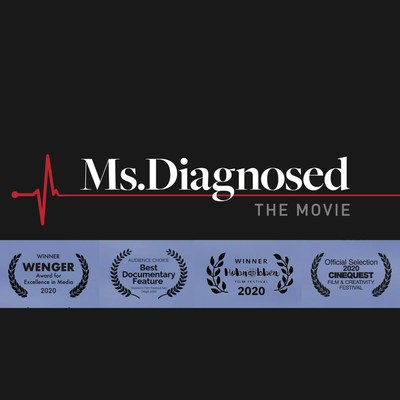AMWA Releases Proceedings of 4th Sex and Gender Health Education (SGHE) Summit
SCHAUMBURG, Ill., Dec. 7, 2022 /PRNewswire/ — Addressing the need for sex and gender considerations from research to patient management remained the focus of the fourth Sex and Gender Health Education (SGHE) Summit, held virtually in November 2021, and organized by American Medical Women’s Association, Mayo Clinic, Laura Bush Institute for Women’s Health, and Southern Illinois University School of Medicine, with support from other national organizations. Proceedings of this important series-culminating program have been published today.
As the new SGHE Summit Proceedings convey, the need for sex and gender to be universally and consistently integrated into healthcare research and for outcomes to be taught across all health professions was a repeated refrain in Summit keynote presentations, during workshops, and in a point/counterpoint panel that was a Summit highlight.
The evidence is clear—sex differences begin at the cellular level—so consideration must be given to the design, analysis, and reporting out of research findings with population representation in study subjects. All stakeholders can be involved in promoting these inclusive practices.
“Sex and gender act differently and independently in ways that may complement or negate health outcomes,” said Dr. Sarah Temkin Associate Director for Clinical Research at the NIH Office of Women’s Health Research (ORWH) during her keynote speech. “We need a broader vision for women’s health; one that necessitates that sex and/or gender are integrated into biomedical research.”
“Together, sex and gender effect the presentation of disease, response to treatment and prognosis as well as communication and behaviors of patients and physicians,” said Dr. Connie Newman, SGHE Summit Co-chair, AMWA past-president, and co-author of the textbook How Sex and Gender Impact Clinical Practice: An Evidence Based Approach to Patient Care (2021). “Also important are the intersectionality of sex and gender with race, cultural community, socioeconomic experience, geography and other factors that can reveal the existence of health disparities.”
Key Recommendations from the Summit:
- For results of clinical trials to be accurate and relevant, research must be representative of the entire population and infused into education and training of doctors and all health professions.
- Adopt a multi-professional lens to introduce teaching strategies centered on sex and gender differences in pathophysiology, clinical care, and pharmacokinetics.
- Expose systemic biases in health education by integrating sex and gender considerations into understanding of symptomatology, response to disease management and treatment, all of which impact outcomes.
- Utilize standardized patient cases and treatment plans to introduce students to critical communication techniques that demonstrate clinical differences.
- The film Ms. Diagnosed offers a compelling exploration of the inequities faced by women during diagnosis and treatment of heart conditions.
- American Medical Women’s Association is a multispecialty organization of women physicians committed to advancing women in medicine, advocating for equity, and ensuring excellence in health care.
CONTACT: Jodi Godfrey, AMWA Deputy Director
350176@email4pr.com / (973) 809-5462
SOURCE American Medical Women’s Association



